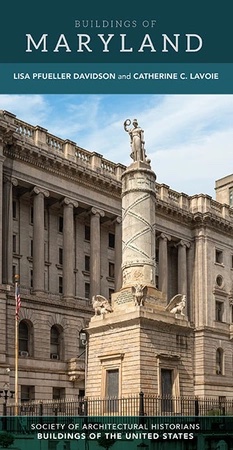
This building served as a nondenominational meetinghouse accommodating six different faiths, as well as meetings of the general community. It was used predominately by the local Methodists, who represented one-half of its original trustees. As characteristic of such chapels, it is an unpretentious building. Built of rough-cast stone, it features dual entrances and a central tripartite window on both stories, and a projecting chancel to the rear contains a similar window in stained glass. The interior encompasses a typical meetinghouse plan consisting of an open space occupied by nonfixed pews, surrounded on three sides by a gallery, and a chancel with a raised platform and simple lectern. The space has plain plaster walls, splayed window reveals without surrounds, and simple ceiling medallions. Abandoned by the 1950s, Union Chapel was restored in the 1980s and currently serves an Episcopal congregation.










